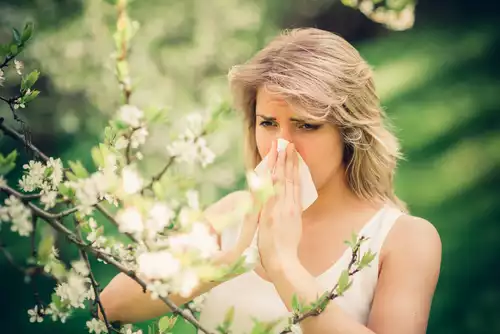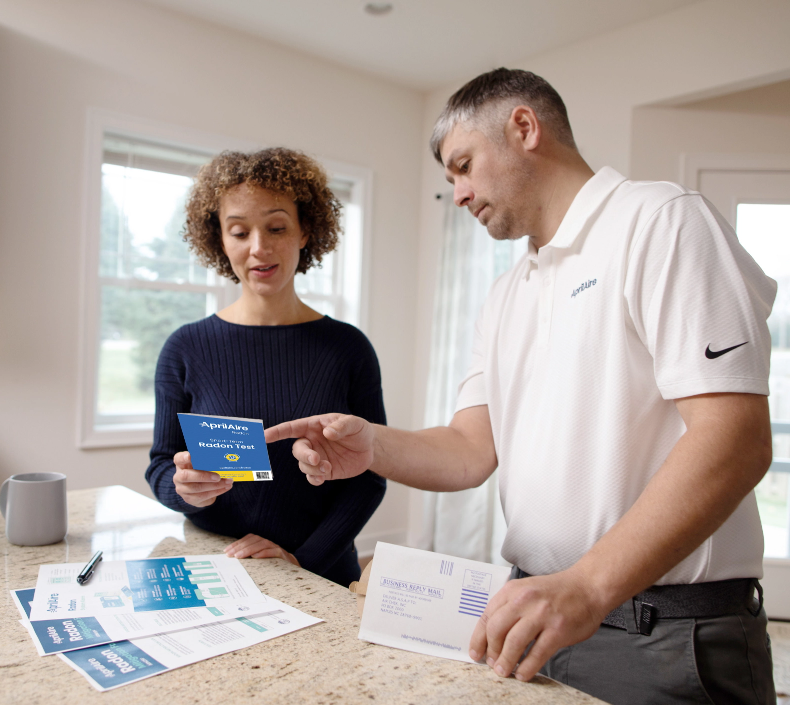Effects of El Nino and Climate Change On Seasonal Allergies
2 minute read
Even if your allergies are seasonal, their severity could be linked to weather patterns or global temperature trends that have existed for centuries like El Nino. According to USA Today*, increased carbon dioxide in the atmosphere leads to a rise in the amount of pollen in the air. Warmer temperatures mean pollen season is lasting longer. Allergy sufferers’ symptoms increase in lockstep with an increase in pollen.
El Nino and Seasonal Allergies
While climate change is one factor that may be increasing allergy rates, there are likely others as well. Whatever the causes, allergists agree they are seeing more patients with seasonal sniffles and respiratory issues. The worst times of year are generally the spring. That’s when trees bloom. Then again in late summer when ragweed pollen becomes airborne. Regardless of the allergy, remedies are similar since the actual symptoms are caused by the body’s immune system and not the pollen itself.
When the immune response strikes, some folks suffer from itchy eyes, while others have a runny nose or even skin issues. There are essentially three ways to deal with allergies: avoidance, symptom management, and antihistamines.
Top tips for surviving a brutal spring
Antihistamines: These drugs are available “over the counter” and through a doctor. They suppress chemicals in your body called histamines, which cause allergy symptoms like itching, runny noses and watery eyes. While they don’t cure your allergy, they prevent it from causing any symptoms – at least in the short term. Most people find if they skip a pill, their symptoms will return quickly. The medicines may also have some mild side-effects, such as drowsiness.
Symptom management: People who don’t want to use an antihistamine can manage their symptoms in other ways – often with natural remedies. A neti pot or a hot shower, for example, can help clear out nasal congestion. Many supposed “folk remedies” exist for treating or preventing allergies, but it’s best to consult a doctor if you’re serious about managing your symptoms.
Avoidance: People can also work to avoid contact with the triggers that cause their symptoms. However, even indoors, pet dander, pollen and mold spores can wreak havoc on your family’s comfort. One way to avoid allergens in the home is with the use of a high-capacity, whole-home air cleaner that traps these tiny particles before they aggravate allergies and asthma.
Other Allergy Tips
Other ways to avoid allergens include keeping windows closed, using a HEPA vacuum and leaving coats or other clothes that may have allergens on them in garage. It’s also a good idea to wash clothes immediately during allergy season, don’t bring them in and leave them on the floor or in a hamper.
For more information on preparing your home and family for allergy season with whole-home air purifiers, visit AprilAire.com!
